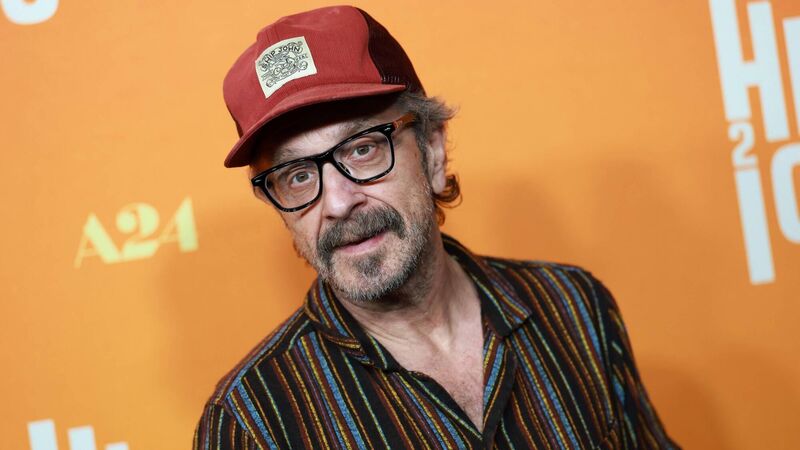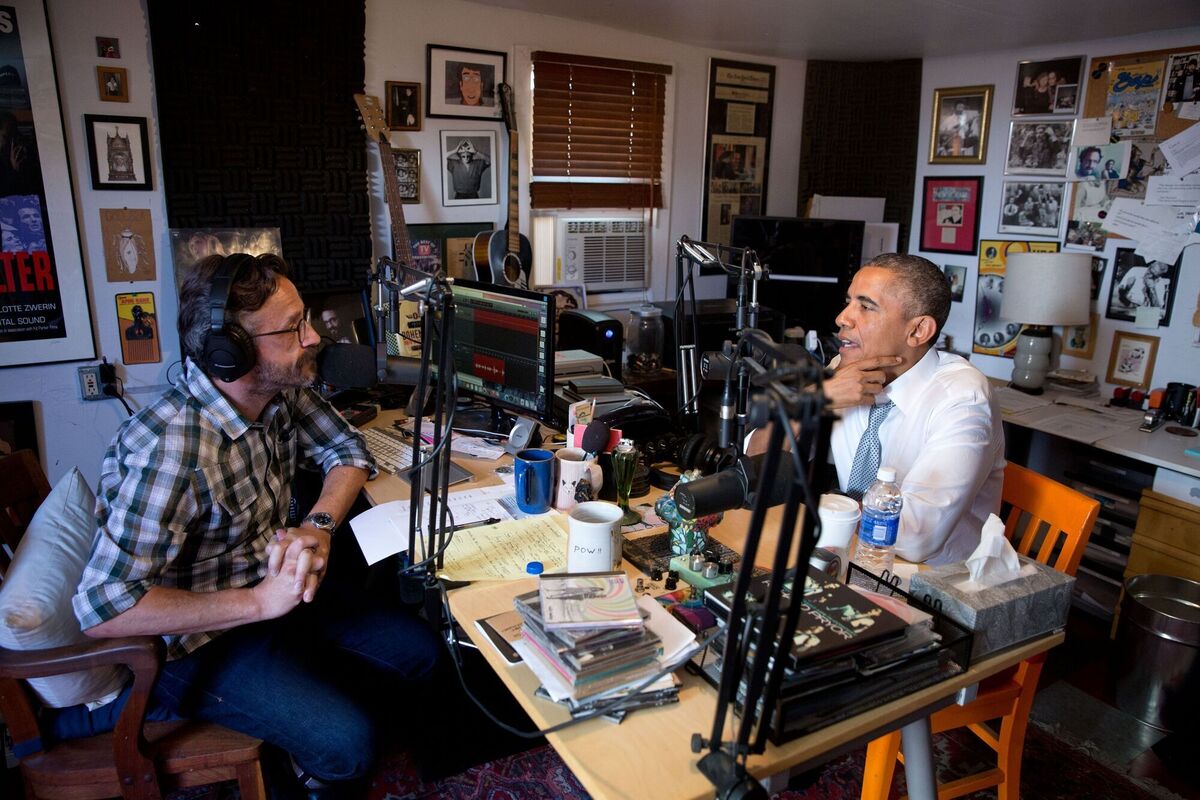Podcast Corner: Marc Maron returns to Obama for final episode of WTF

Marc Maron completed what he says is his final episode of WTF. (Photo by Matt Winkelmeyer/Getty Images)
Monday, October 10, marked the 1,686th and final episode of which began in September 2009. It saw Maron travel to Washington DC for a conversation with former US president Barack Obama — “the most significant guest in the show’s history” — who first appeared on the show in 2015, when the podcast scene was “less glutted”.
After just over 16 years of two episodes a week, Maron says the relationship with the listeners is the longest of his life. It’s a two-way street; he has helped people battling addiction, suicidal thoughts, or simply unsure where the cat left its play ball. “I'm just sitting out here in the garage talking, but I know I'm talking to you and I do that as full-heartedly as I possibly can, and I guess that comes through,” he says on the penultimate episode, a monologue about the journey of
“At the beginning of this show, I was in a very bad place. My career was in the toilet, and there was really nowhere to go from where I was,” recalls Maron.

A bratty alt-comedian who had his radio show cancelled a few months before WTF began, he admits there was an air of desperation to do something different, to start a podcast at a time when they were still in a nascent stage — ”No one even knows what these podcasts are.” He continues: ”But I needed to put myself out there, and the extreme behaviour was taking that chance, the rash behaviour was really just believing in it. So I think that framing desperation in that way, it becomes proactive.”
Though podcasts share DNA with radio, helped push the form into something altogether new. “Over the course of those first few hundred episodes, I started to open up and started to learn how to have these conversations and also speak to you directly at the beginning, which was very important,” he says.
It embodied a freedom radio never could — intimate, confessional, sprawling, and unfiltered. See episode 1,682, for evidence of this.
Maron doesn’t listen back to the interviews — his producer Brendan McDonald has edited them from early on — so it’s enjoyable to hear him reflect on conversations with the likes of Louis CK, about their faltering male friendship; Maria Bamford, about being in an abusive relationship; and Bruce Springsteen and, indeed, Obama, big names who offer a reminder of how far — and podcasting itself — has come.
As finishes, it feels like the end of an era — not just for Maron, but for the medium he helped shape.



